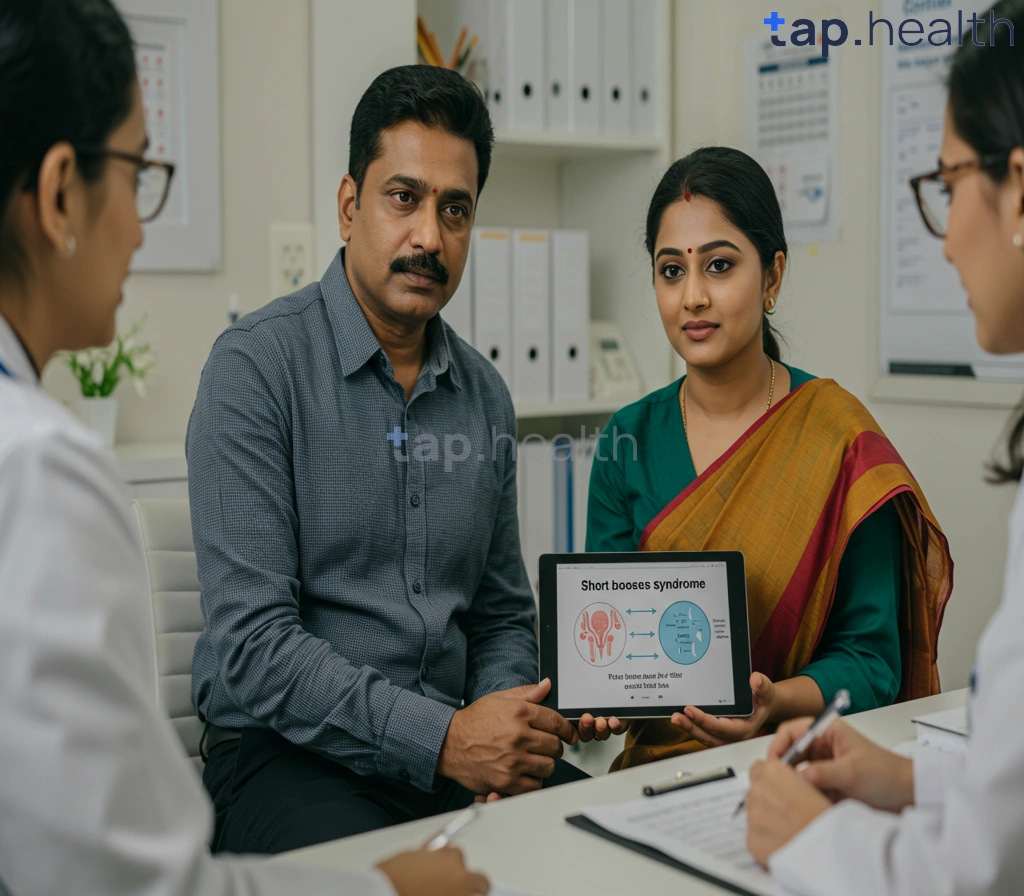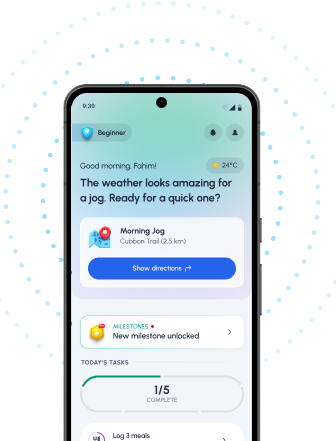Table of Contents
- Diabetes Management for Seniors: A Complete Guide
- Simplifying Diabetes Meds: Tips for Older Adults
- Common Diabetes Medication Challenges in the Elderly
- Safe Diabetes Medication Practices for Seniors
- Is Your Diabetes Treatment Plan Age-Appropriate?
- Frequently Asked Questions
- References
Navigating the complexities of diabetes can feel overwhelming, especially as we age. Managing Diabetes Medications: A Guide for Older Adults is designed to simplify this process and empower you to take control of your health. This guide provides practical advice and clear explanations to help you better understand your medications, their potential side effects, and how to incorporate them seamlessly into your daily routine. We’ll explore common challenges faced by older adults with diabetes and offer solutions to make managing your condition easier and less stressful. Let’s work together to ensure you live a healthier, happier life.
Diabetes Management for Seniors: A Complete Guide
Managing diabetes effectively is crucial for older adults, especially in hot and humid climates prevalent across many Indian and tropical countries. While 39% of people with diabetes are aged 65+, the challenges are amplified by factors like heat sensitivity and potential access limitations to healthcare. This guide offers practical strategies for better diabetes management in these regions.
Medication Management & Heat
High temperatures can impact medication efficacy and increase the risk of dehydration, a significant concern for individuals with diabetes. Always store your medications as directed, keeping them away from direct sunlight and excessive heat. Consult your doctor about adjusting medication schedules during periods of extreme heat. Regular hydration is paramount; carry water with you and sip it frequently, especially during outdoor activities.
Lifestyle Adjustments in Tropical Climates
Dietary habits must be carefully considered. Opt for lighter meals, focusing on fresh fruits and vegetables readily available locally. Limit the intake of sugary drinks and processed foods. Regular physical activity remains essential, but adapt your routine to avoid peak heat hours. Early morning or late evening walks are recommended. Consider consulting a local healthcare professional for personalized dietary and exercise advice tailored to your region’s climate. For more in-depth strategies on managing diabetes as you age, see our guide on Managing Diabetes as You Age: Challenges and Solutions.
Seeking Support and Access to Care
Accessibility to healthcare can be a challenge in some areas. Proactive management is key. Schedule regular checkups with your doctor, monitor your blood sugar levels diligently, and don’t hesitate to seek immediate medical attention if you experience any concerning symptoms. Connect with local diabetes support groups for valuable advice and emotional support. Remember, effective diabetes management is a journey, not a destination, and proactive steps can significantly improve quality of life. For simple yet effective tips, check out our blog on 10 Proven Tips to Effectively Manage Diabetes | Simple Guide.
Simplifying Diabetes Meds: Tips for Older Adults
Managing diabetes, especially in older age, can feel overwhelming. The complexities of medication schedules, potential side effects, and the overall impact on daily life can be significant. While the prevalence of diabetes among U.S. youth is around 35 per 10,000, according to the CDC, the challenges faced by older adults in managing their condition are often different and require a tailored approach, particularly in the context of Indian and tropical climates.
Medication Management Strategies for Seniors
Organization is key. Use a pill organizer, set reminders on your phone, or enlist the help of a family member or caregiver. Consider using a medication log to track your doses and any side effects you experience. This is especially crucial in hot and humid climates where medication efficacy can be affected by temperature and humidity.
Addressing Common Concerns in Hot Climates
In tropical regions, heat and humidity can impact blood sugar levels and medication effectiveness. Always keep your medications in a cool, dry place, as directed on the packaging. Stay hydrated by drinking plenty of water, especially during the hottest parts of the day. Consult your doctor or pharmacist about potential medication adjustments during periods of extreme heat.
Seeking Support and Further Information
Don’t hesitate to seek support from your doctor, pharmacist, or a diabetes educator. They can provide personalized advice and address any concerns you may have. Regular check-ups and open communication are vital for successful diabetes management, especially considering the unique challenges faced in tropical and Indian climates. Take control of your diabetes today; your health is worth it. For more information on preventing long-term complications, check out our article on How to Prevent Long-Term Complications of Diabetes: Easy Tips. And for a comprehensive guide to effective management, see our 10 Proven Tips for Effective Diabetes Management.
Common Diabetes Medication Challenges in the Elderly
Managing diabetes effectively is crucial for older adults in India and tropical countries, where the prevalence of the disease is significant. However, several challenges complicate medication adherence and efficacy in this population. One major concern is the increased risk of adverse drug reactions (ADRs) due to age-related physiological changes, such as decreased kidney and liver function. These changes can impact medication metabolism and increase the likelihood of experiencing side effects. This is especially critical for medications commonly used to manage type 2 diabetes, such as Metformin and Sulfonylureas.
Polypharmacy and Drug Interactions
Many older adults manage multiple health conditions simultaneously, leading to polypharmacy – the use of many medications. This significantly increases the risk of drug interactions, potentially worsening diabetes control or causing new health problems. For example, some commonly prescribed medications for hypertension or heart conditions can interact negatively with diabetes medications. Careful monitoring and medication reconciliation by healthcare professionals are vital to mitigate these risks. Furthermore, the high prevalence of smoking among older adults with diabetes is a serious concern. Research shows that smokers with diabetes face a two times higher mortality rate due to cardiovascular issues, highlighting the importance of smoking cessation programs alongside effective diabetes management. Managing other conditions, such as high cholesterol, is also crucial. For advice on this, see our article on How to Manage Cholesterol Levels with Diabetes?
Cognitive Impairment and Adherence
Cognitive decline and memory issues, common in older adults, can significantly impact medication adherence. Remembering to take medications at the correct dosage and time can be challenging, leading to inconsistent blood sugar control and increased risk of complications. Simple strategies like using pill organizers, setting medication reminders, and involving family members in medication management can improve adherence. Regular check-ups with healthcare providers are essential to monitor medication effectiveness and address any adherence issues promptly. In India and tropical countries, access to healthcare can be a barrier, so proactive outreach programs and accessible healthcare systems are crucial to address these challenges. It’s also important to be aware of the potential benefits and risks associated with dietary supplements. For more information, read our blog on Safe and Effective Dietary Supplements for Diabetes Care.
Safe Diabetes Medication Practices for Seniors
Managing diabetes effectively is crucial for older adults, especially in regions like India and other tropical countries where access to healthcare can sometimes be challenging. Research shows that women with diabetes face a 40% higher risk of heart disease compared to men with diabetes, highlighting the importance of proactive management. This increased risk underscores the need for careful medication practices tailored to the specific needs of senior citizens.
Understanding Your Medications
Understanding your prescription is paramount. Don’t hesitate to ask your doctor or pharmacist to clearly explain each medication, its purpose, potential side effects, and how to take it correctly. This is especially important for seniors who may be managing multiple health conditions and taking several medications simultaneously. Keep a detailed record of all your medications, including dosages and timings, and always carry a current list with you.
Medication Safety Tips for Seniors in Tropical Climates
In hot and humid climates, proper medication storage is vital. High temperatures and humidity can degrade certain medications, rendering them ineffective or even harmful. Always store medications as directed on the label, typically in a cool, dry place away from direct sunlight. Consult your pharmacist about any specific storage requirements for your medications. Consider using a medication organizer to help with adherence and avoid missed doses. For those who enjoy occasional alcoholic beverages, remember to be mindful of potential interactions. Check out our guide on How to Safely Enjoy Alcohol While Managing Diabetes for helpful tips.
Seeking Support and Regular Check-ups
Regular check-ups with your doctor are essential for monitoring your blood sugar levels, evaluating medication effectiveness, and making necessary adjustments. Don’t hesitate to reach out to your healthcare provider if you experience any new or worsening symptoms. In many Indian and tropical communities, strong family support systems exist—encourage family members to assist with medication reminders and monitoring. Remember, proactive management is key to maintaining good health and a better quality of life. Planning a trip? Don’t forget to check out our blog on Traveling with Diabetes: Essential Tips for a Safe & Healthy Journey before you go.
Is Your Diabetes Treatment Plan Age-Appropriate?
Managing diabetes effectively becomes even more crucial as we age. Older adults often face unique challenges, including decreased kidney function, increased risk of falls, and potential interactions between diabetes medications and other prescription drugs commonly used in Indian and tropical countries. This means a diabetes treatment plan needs to be regularly reviewed and adjusted to account for these age-related changes.
Understanding Age-Related Changes & Medication Adjustments
Maintaining optimal blood sugar control is paramount. Remember, ideal pre-meal blood sugar levels should be between 80–130 mg/dL, and post-meal levels should be less than 180 mg/dL. However, achieving these targets might require adjustments to your medication regimen as you age. For instance, certain medications might become less effective, or side effects may become more pronounced. Consulting with your doctor regularly is essential to ensure your treatment remains safe and effective. This is especially important in regions like India where access to specialist care may vary. While managing diabetes in adulthood requires careful attention, the challenges are different for younger people. For insight into the specific needs of teenagers with diabetes, see our article on Diabetes in Teenagers: Understanding the Impact.
Seeking Expert Advice in India and Tropical Climates
The hot and humid climates prevalent in many Indian and tropical countries can also impact blood sugar levels and medication effectiveness. Dehydration, a common concern in such climates, can exacerbate diabetes. Therefore, staying adequately hydrated and consulting with a healthcare professional familiar with the specific challenges of managing diabetes in these regions is vital. They can help tailor your treatment plan to your individual needs and the environmental conditions. Don’t hesitate to discuss any concerns or challenges you face, ensuring your diabetes management plan remains age-appropriate and effective. Regular check-ups and open communication with your doctor are key to successful long-term diabetes management. Weight management is another crucial aspect of diabetes control, and you might find our guide on How to Lose Weight with Diabetes Diet Plan helpful.
Frequently Asked Questions
Q1. How does hot weather affect my diabetes medications and what should I do?
Hot and humid weather can impact how your diabetes medications work and increase your risk of dehydration. Store your medications as directed, adjust your medication schedule as advised by your doctor during extreme heat, and stay well-hydrated.
Q2. What dietary and exercise changes should older adults with diabetes make, especially in hot climates?
Eat lighter meals with fresh, local produce to manage blood sugar. Exercise regularly but avoid the hottest parts of the day to prevent overheating.
Q3. How can I manage multiple medications (polypharmacy) and potential drug interactions as an older adult with diabetes?
Use pill organizers to stay on schedule and discuss all your medications with your doctor and pharmacist to avoid harmful interactions. Family support can also be very helpful.
Q4. What steps should I take to proactively manage my diabetes and ensure optimal blood sugar control as I age?
Regular checkups are vital. Your doctor should regularly review your treatment plan to account for age-related changes in kidney function and potential drug interactions. Consider joining a support group for additional assistance and community.
Q5. How can I ensure my medications are stored and handled correctly, particularly in hot climates?
Always follow the storage instructions on your medication labels. If you are concerned about heat affecting your medications, consult your pharmacist or doctor.
References
- A Practical Guide to Integrated Type 2 Diabetes Care: https://www.hse.ie/eng/services/list/2/primarycare/east-coast-diabetes-service/management-of-type-2-diabetes/diabetes-and-pregnancy/icgp-guide-to-integrated-type-2.pdf
- Diabetes in Older Adults: A Consensus Report: https://en.iacld.com/UpFiles/Documents/292529019.pdf




